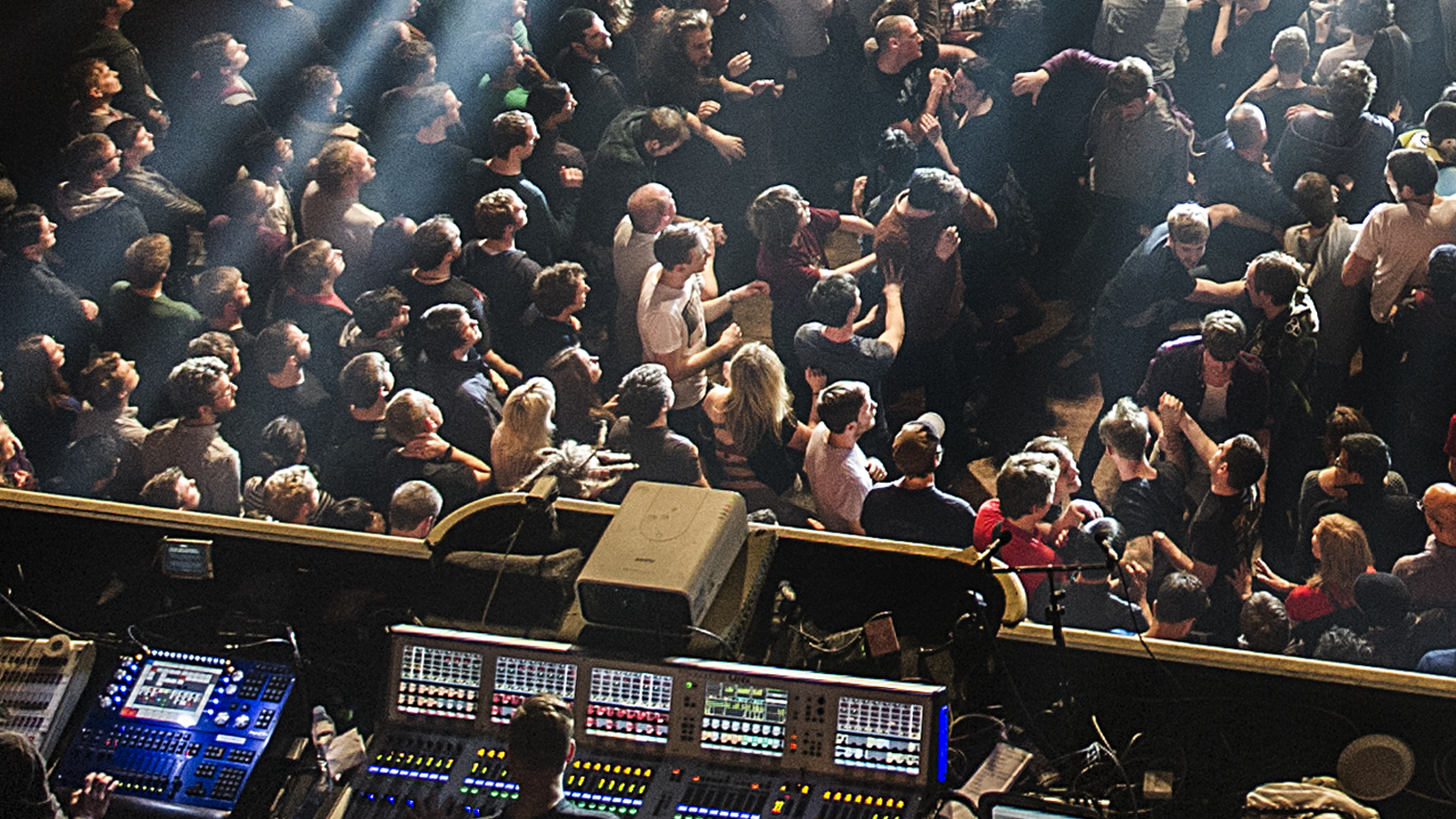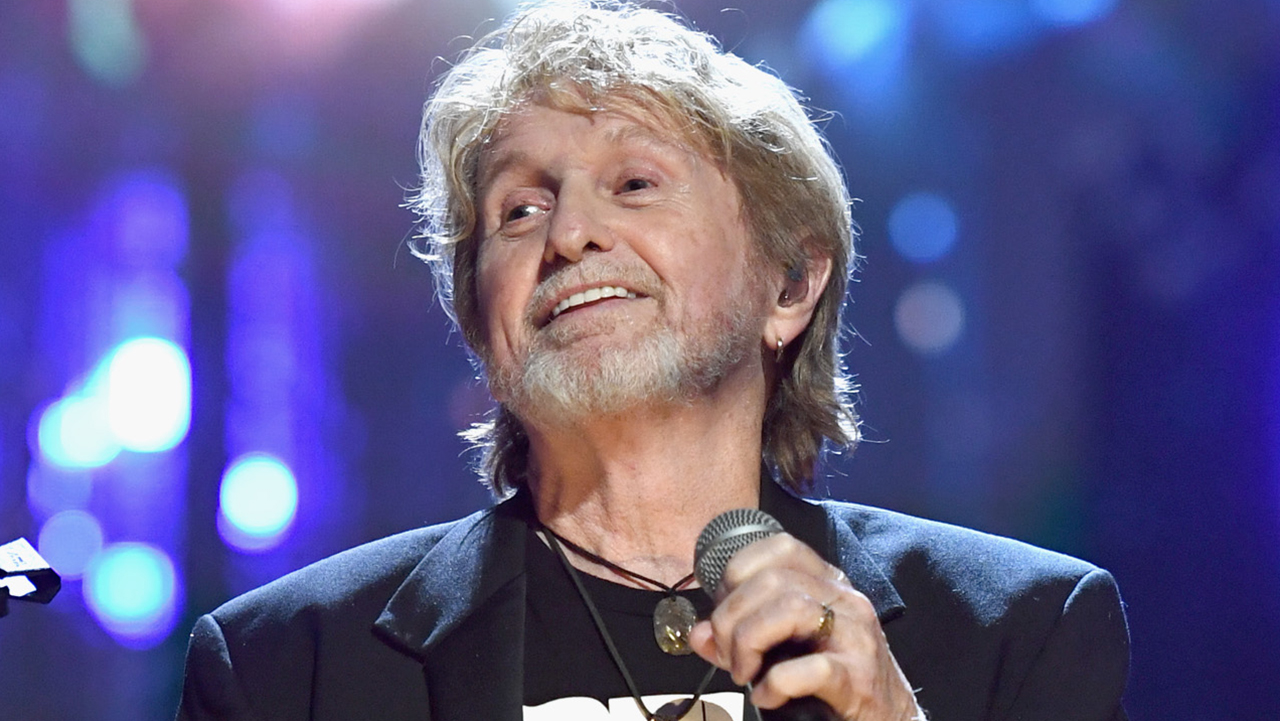You can trust Louder
Inspiration to the enigmatic likes of Mogwai, Tortoise emerged from the indie scene in late-80s Chicago, pioneering post-rock through the 90s before gradually moving in an increasingly electronic direction, peaking with new LP The Catastrophist.
UK appearances are rare, which makes this all the more treat-like for the fans gathered.
Openers Ulrika Spacek were confirmed at 11am that day. Frontman Rhys thanks the person who covered his pub shift tonight, and the experimental rockers warm the crowd with a mix of Krautrock and psychedelic weirdness.
The room thickens with ageing hipsters as jazzy preset music plays, setting the tone for what’s to come. Tortoise are what a traditional band don’t look like. Or act like. They’re fronted by two drum kits. They say bugger all to the audience. They all move between instruments – a sprawl of percussion, basses, synths and glockenspiel.
At first glance, they could be techies or your friends from work. Guitarist Jeff Parker looks like he’s about to go fishing in his hoodie/fleece and brimmed hat. To the uninitiated it could all seem quite disjointed, but the affection from the crowd is unquestionable. “It’s only bloody Tortoise!” one elated punter cries, breaking the cool quiet in one mid-song moment.
It’s telling that the band were initially conceived (by Doug McCombs and John Herndon) as a freelance rhythm section. By turns deft, tricksy and furious, the drumming displays tonight range from very good to jaw-dropping, and bass parts thump stylishly ahead. Guitar adds important colour, but it’s essentially a supporting role to the maelstrom of Krautrock beats, electronics, minimalism, jazz-fusion layers and expertly crafted rhythmic chaos.
Indeed, the role of jazz shouldn’t be underestimated. In its jazziest moments Hot Coffee is almost Steely Dan – if the Dan had jammed with Four Tet. There are points in the likes of Dot/Eyes that summon the ‘industrial jazz’ seen in Steven Wilson’s darker, more avant-garde tracks. Gravitating between this, ambient psych prog and full-throttle drum aggression, it’s a dizzying wall of genres that explains how they’ve defied categorisation since the 90s.
Sign up below to get the latest from Prog, plus exclusive special offers, direct to your inbox!
Audience handclapping is generated for popular closer Seneca. It’s suddenly rather joyous – simple, organic joy from a far-from-simple band. Clearly it’s too joyous for the crowd to let them go lightly – Tortoise return for a second encore, ending with a gentle, Ennio Morricone-tinged I Set My Face To The Hillside.

Polly is deputy editor at Classic Rock magazine, where she writes and commissions regular pieces and longer reads (including new band coverage), and has interviewed rock's biggest and newest names. She also contributes to Louder, Prog and Metal Hammer and talks about songs on the 20 Minute Club podcast. Elsewhere she's had work published in The Musician, delicious. magazine and others, and written biographies for various album campaigns. In a previous life as a women's magazine junior she interviewed Tracey Emin and Lily James – and wangled Rival Sons into the arts pages. In her spare time she writes fiction and cooks.

